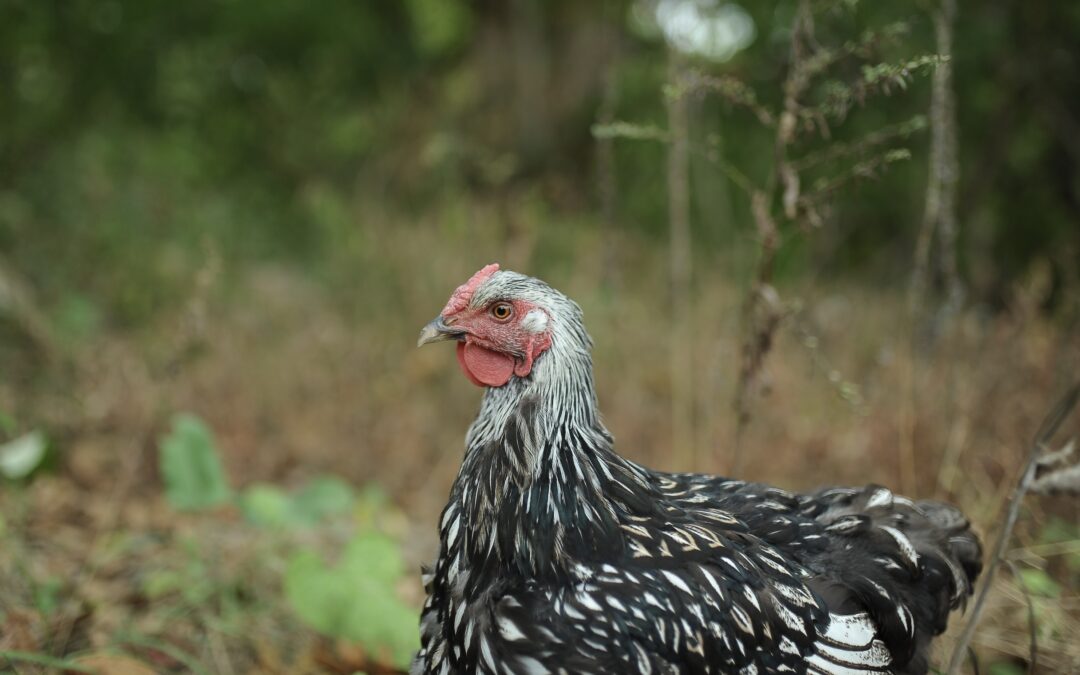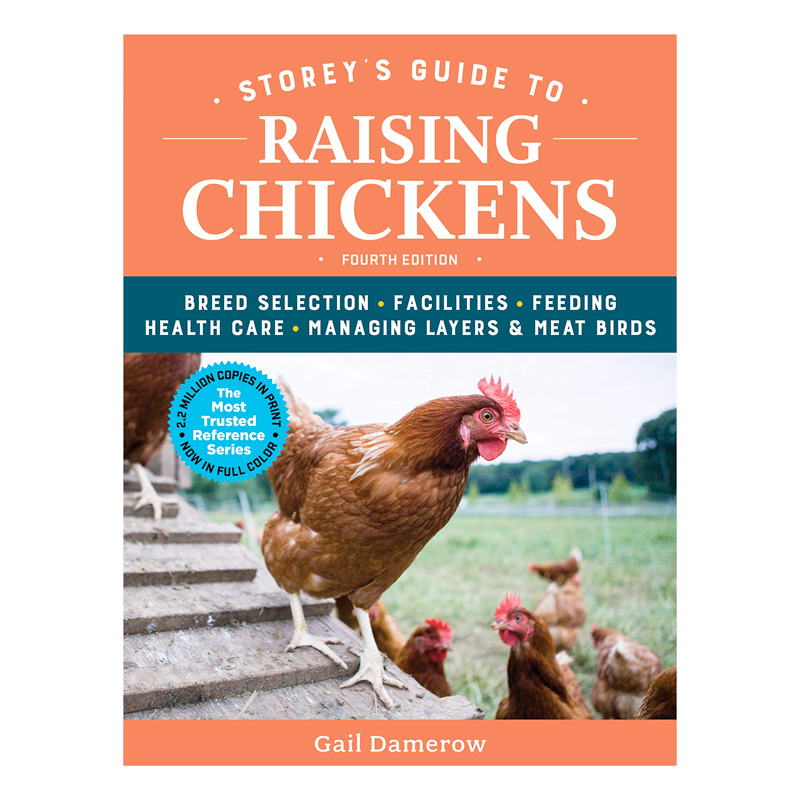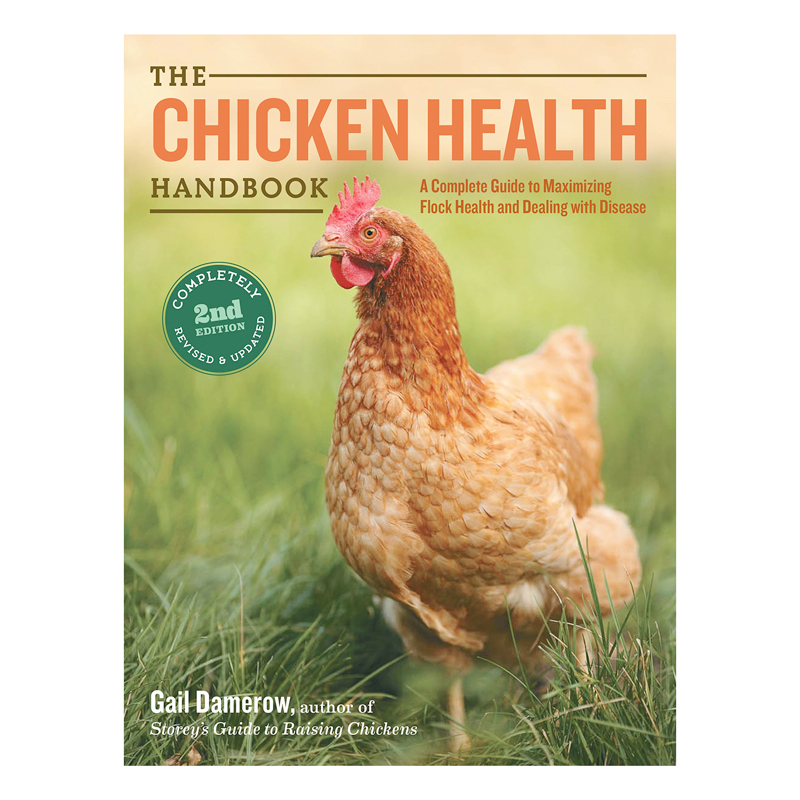When and how to deworm chickens has become a controversial subject among backyard flock owners. Continuing our interview series with Gail Damerow, poultry expert and best-selling author, we ask her recommendations on how to deworm chickens as a follow up to her previous article discussing preventing worms in chickens.
How do you know if your chickens have worms?
“Well, you can’t always tell. Most chickens have worms, yet they don’t exhibit any signs of disease. But if your chickens start looking scrawny and scruffy, lose weight, and lay fewer eggs, consider worms as a possible cause. In extreme cases, you might see worms in poop, or, very rarely, inside an egg,” she explains.
“By far, the best way to determine if you need to deworm your chickens, and what type of dewormer to use, is with a fecal test. Most veterinarians will do a fecal test, even if they aren’t avian veterinarians. Or, if you wish, you can do it yourself following instructions readily available online, which can help when you need to learn how to deworm chickens.”
What is your recommendation for how to deworm chickens?
“Unless parasitic worms are causing or contributing to a serious health condition, deworming may not be necessary at all. And deworming, especially when improperly done, can be more stressful to chickens than the worms themselves. Plus, deworming is basically futile unless you try to eliminate, or at least minimize, parasitic worm sources, as we discussed in my previous interview,” Damerow says.
“Preventive measures are especially important because not all dewormers affect all worm species. You therefore need to know what kind of worms, if any, you’re dealing with so you will know which dewormer, or anthelmintic, to use when you deworm chickens.”
What products are available if you need to deworm chickens?
“As you research how to deworm chickens, it is important to note that not many chemical dewormers are approved for chickens,” Damerow cautions.
“One is Piperazine (brand name Wazine), which affects only large roundworms. Another is Hygromycin-B (one brand is Rooster Booster), which is actually an antibiotic. It affects more different roundworm species than Piperazine.
“Then, you have the benzimidazoles, which are broad spectrum dewormers. They have a wide margin of safety and affect tapeworms as well as roundworms. Fenbendazole (one brand is Safe-Guard) is approved for chickens. Albendazole (brand name Valbazen) is commonly used off-label, meaning it isn’t FDA approved for chickens. Flubendazole (brand name Flubenvet) is also widely used, but requires a veterinary prescription.
“Other popular off-label dewormers are Ivermectin (brand name Ivomec) and levamisole. Both come with caveats regarding their use for chickens,” she says.
“Actually, using any dewormer requires caution. For instance, deworming during a molt can be particularly stressful. Using enough product to evict a large worm load all at once could actually kill a chicken. And, using the same dewormer time after time can create resistant parasites.”
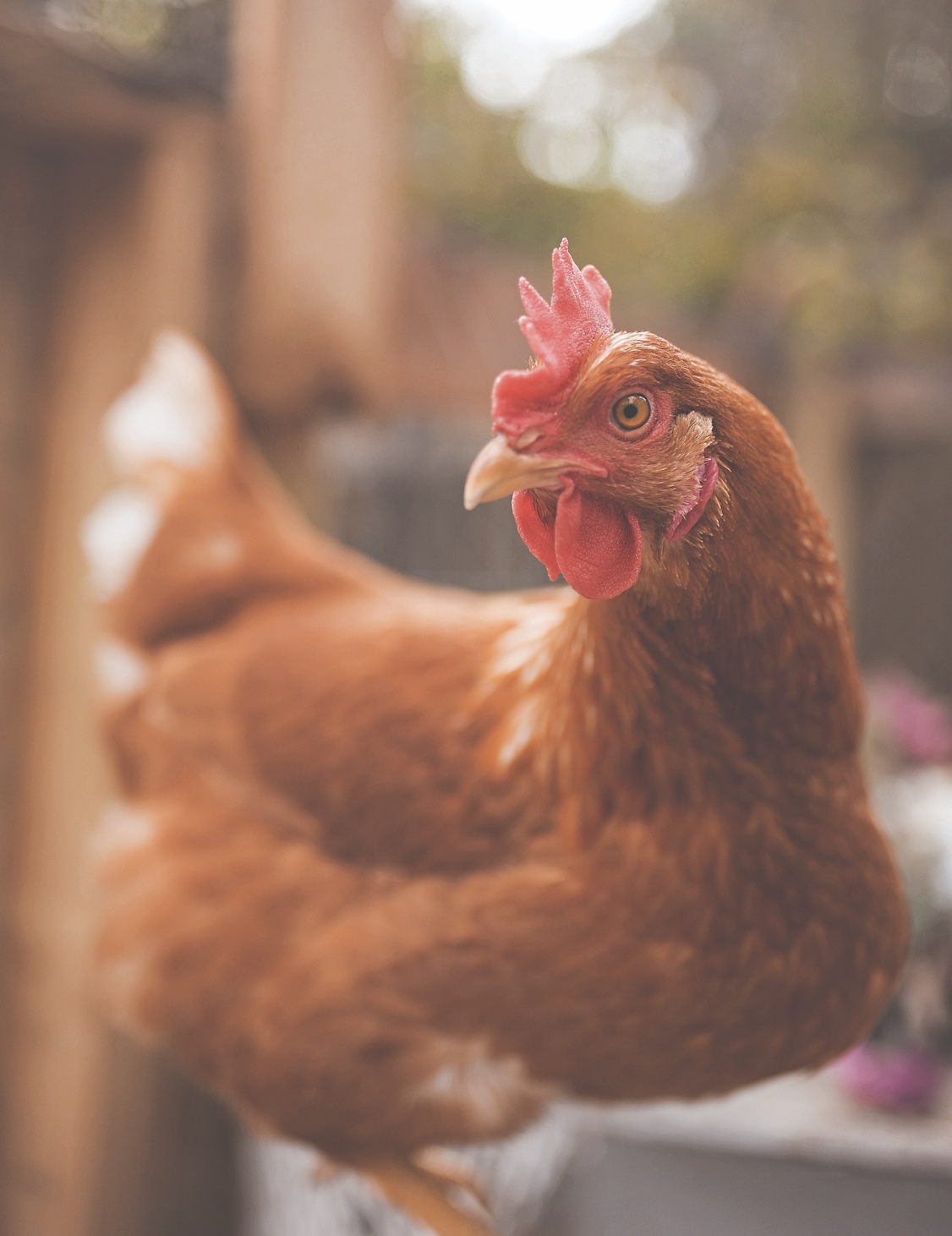
What about rotating dewormers?
“Done right, that certainly helps prevent parasitic worms from becoming resistant. At the same time, alternating between two products used too often may result in parasites that become resistant to both dewormers,” warns Damerow.
“Another thing to know about dewormer rotation is that all the products within a chemical group work the same way. So, you must be sure to rotate chemical groups, not just brand names when you deworm chickens.”
How often should you deworm chickens?
“How often your chickens need deworming, if they need it at all, depends in part on the way you manage your flock, and on your climate. Chickens that aren’t exposed to parasitic worms may never require deworming. In a contained environment, chickens that reach old age and that are pecking on the same ground year after year may need frequent deworming.
“Frequent deworming may also be necessary in a warm, humid climates where intermediate hosts are prevalent year-round. Intermediate hosts are creatures like slugs and grasshoppers that may harbor parasitic worm eggs or larvae. The chicken acquires worms by eating the intermediate host,” she explains.
“In cold climates, intermediate hosts are dormant part of the year. So chickens in those types of environments may need deworming only during the warmer months.
“Chicken keepers who live in a climate that has both a warm summer and a cold winter often deworm in spring, when chickens start spending more time exploring outdoors. They will often deworm again in the fall, when cold weather encourages chickens to spend more time inside the coop.”
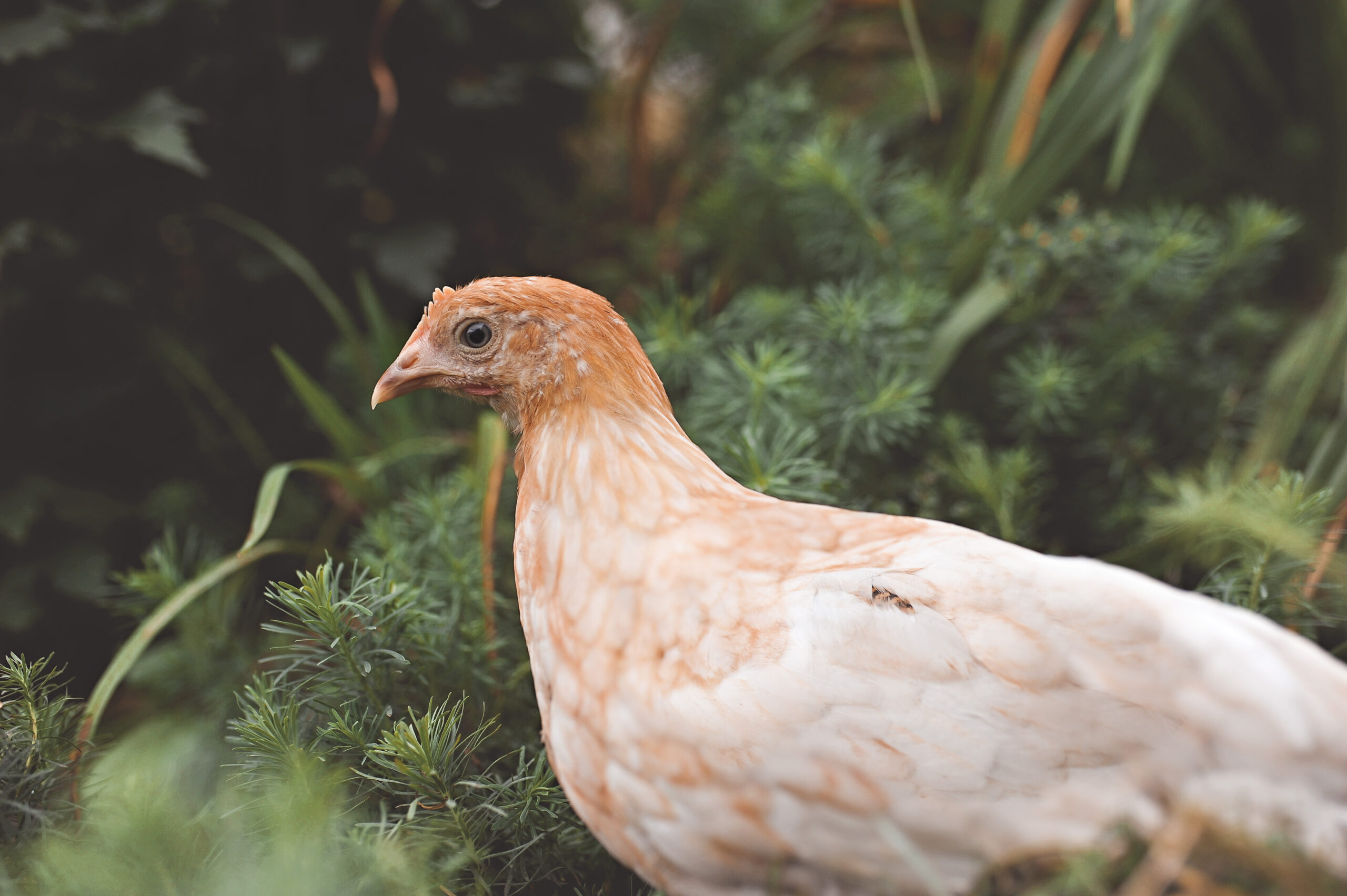
What is a withdrawal period?
“All dewormers eventually excrete from a chicken’s body. The withdrawal period is the amount of time that must pass before the dewormer is gone, or at least reaches a level deemed acceptable by regulators.
“Dewormers differ in the way they work. Therefore, their withdrawal periods also differ. Meat and eggs don’t necessarily accumulate and excrete drugs the same way, so they may not require the same withdrawal period. However, unless a product is tested and approved for poultry, you’ll have a hard time withdrawal information when you deworm your chickens.
“All too often, the data floating around regarding withdrawal periods, especially for eggs, is based on guesswork or misinformation. The only reliable way to determine a drug’s withdrawal period is to check the product label or contact the manufacturer,” Damerow cautions.
What about natural dewormers?
“You will hear about all kinds of natural worm control methods, such as feeding cabbage, garlic, and pumpkin. But unlike chemical dewormers, they do not directly affect helminths,” Damerow states.
“Instead, they work by making the environment inside the chicken unattractive or unpleasant for parasites. These methods are therefore more suited to preventing worms than to eliminating an existing worm load. On the other hand, just because you give your chickens, say, apple cider vinegar, and they don’t have worms doesn’t mean the vinegar works.
“I don’t use any kind of dewormer, natural or chemical. In three decades of raising chickens in Tennessee, I haven’t encountered anything other than cecal worms, Heterakis gallinae. Cecal worms are the most common parasitic worm in North American chickens. They don’t cause disease in chickens, but can be devastating to turkeys.
“Anyway, none of the various natural methods for controlling worms has been rigorously studied enough to determine effectiveness. However, most of these natural products provide some sort of nutritional benefit. So even if they don’t — or only marginally — affect the worm population, they can be beneficial to a chicken’s overall health. And a chicken enjoying overall good health is better able to resist parasitic worms.”

Gail Damerow has been keeping chickens for nearly 50 years and has written several books about them including Storey’s Guide to Raising Chickens, The Chicken Health Handbook, The Chicken Encyclopedia, Hatching and Brooding Your Own Chicks, and What’s Killing My Chickens. For more about Ms. Damerow, visit her blog at GailDamerow.com.
Gail Damerow’s headshot courtesy of Kathy Shea Mormino.
Photos courtesy of Cassandra Haring.

